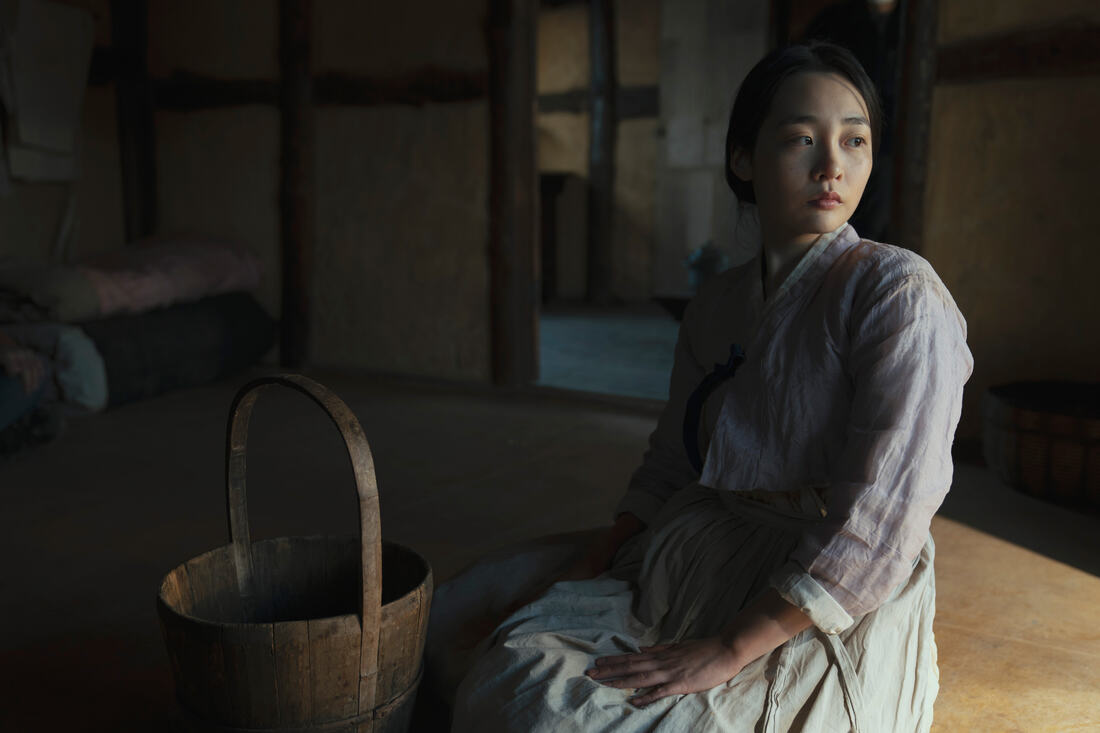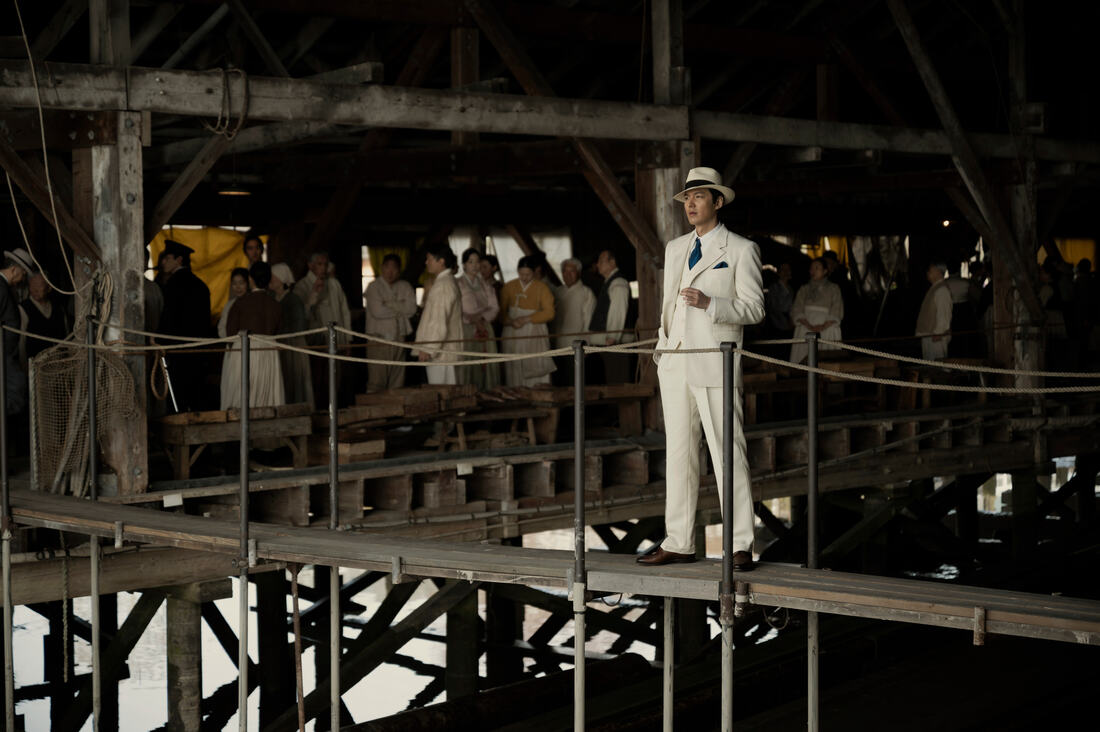|
Review by Camden Ferrell Kogonada and Justin Chon are two South Korean directors that have helmed such acclaimed films as Columbus and Blue Bayou respectively. For their next directorial efforts, both of them have directed four episodes each of a new television series for Apple TV+. Pachinko is a series that is based on the 2017 novel of the same name by Min Jin Lee. As a whole, the series is a slow and meticulous examination of a Korean family and the unique struggles they face over generations. While it may occasionally get lost in its own meditation, the series often achieves both superficial and thematic beauty. This story can be described as an epic, detailing the journey of a Korean family as they immigrate to Japan to start a new life. It features a large cast of characters that are each connected and encounter the historical events and struggles that defined the Korean experience in 20th century Japan. This is an ambitious and sprawling story that benefits greatly from the extended length of a series as opposed to a single narrative feature film. Being adapted in the format of a television series allows the story to breathe and dive deep into the rich and informative themes that are featured throughout. Soo Hugh is the creator and writer for this series, and their work is quite impressive. Once you start the series, the scope of the story becomes evident very quickly, and there are a lot of moving parts that live and die by the writing and overall structure of the story. The script isn’t perfect, but it strikes a commendable balance between the different timelines and stories and is able to craft parallels that further emphasize the themes and connection of its characters. It’s an emotionally complex story that combines personal drama with social commentary and history, and it does it in a way that is accessible to most people. A thematically demanding story demands strong actors to convey these emotions effectively, and this cast has no weak links. Actors like Lee Minho and Jin Ha thrive in their respective roles, but there are two clear standouts among this talented cast. Oscar-winner Youn Yuh Jung (Minari) dominates her scenes with a subtle yet emotionally moving performance that never reveals its hand early. Minha Kim gives the single best performance of the show as she treks through the trials and tribulations of her time period with incredible empathy and sorrow. On a technical level, the series is above average. The cinematography is gorgeous from the start, and it uses its camera to meaningful establish characters and help tell its complex story. While it doesn’t make or break the show, it consistently elevates the entire experience. The set design and costumes help each time period feel distinct and give each period its own personality. The series has lots of superficial flourishes that make this a well-made series to view even if one isn’t compelled by its narrative.
Both Kogonada and Chon were excellent choices to direct this series. While their distinct styles can make the series feel a little inconsistent in tone and execution, these are experienced directors with clear cut visions that are executed well. Kogonada’s sections are slower and more reflective in nature, and while they might not be as entertaining as Chon’s episodes, they are essential in laying down the thematic foundation for the story later on. Fans of these directors will most definitely enjoy their work on this series, and it may even win over new fans for them. It’s clear that this series would not be the same without these two creative voices as their experience and heritage equip them with the necessary empathy and emotion to tell a uniquely Korean story. While the show has numerous commendable aspects that establish it as a series worth watching, there are still some shortcomings that plague the series. As mentioned before, its slow and meditative execution can make certain episodes drag a bit. Even though it’s quite beautiful even in its weakest episodes, the deliberately slow pacing may be what turns off viewers. The show rewards patience greatly with some memorable catharsis, but even as someone who thoroughly enjoyed the show, it can often become too invested in its own ruminations to maintain any momentum. Pachinko is a narratively thorough and rich series that tells a multifaceted story of a Korean family that tackles issues such as racism, prejudice, and the pursuit of power with impeccable empathy. It is propelled by a strong creative vision and supplemented by an impressive ensemble. It can fall victim to its own sluggish pace, but to those who persist, they will be treated with an impressive and thought-provoking story that speaks deeply about the Korean experience. The first three episodes of Pachinko premiere on Apple TV+ on March 25. New episodes debut every Friday. All eight episodes are reviewed. Rating: 4/5
0 Comments
Leave a Reply. |
Archives
July 2024
Authors
All
|
|
|
disappointment media
Dedicated to unique and diverse perspectives on cinema! |


